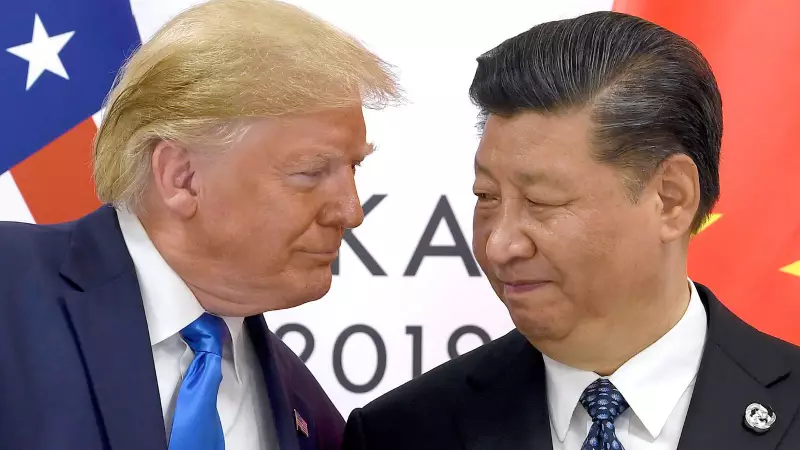
The world holds its breath as two of the most powerful leaders prepare for what could be a defining moment in 21st-century geopolitics. The anticipated meeting between former US President Donald Trump and Chinese President Xi Jinping isn't just another diplomatic engagement—it's potentially the crucible where a new global order will be forged.
The Stakes Have Never Been Higher
Unlike their previous encounters during Trump's presidency, this summit occurs against a dramatically different backdrop. Both nations have undergone significant transformations, with China consolidating its global influence while the United States faces crucial domestic political calculations. The outcome could reshape everything from trade policies to security alliances across Asia and beyond.
What's Different This Time?
The geopolitical chessboard has fundamentally changed:
- China's economic resilience has surprised Western analysts despite ongoing challenges
- America's political landscape remains deeply polarized with elections looming
- Global conflicts in Ukraine and Gaza have altered alliance dynamics
- Emerging economies are increasingly asserting their independent foreign policies
The Personal Dynamics Matter
Trump and Xi share a complex relationship history. During Trump's first term, they developed what observers called a "chemistry of convenience"—a working relationship that balanced competition with occasional cooperation. How this dynamic evolves in their potential meeting could determine whether we see renewed confrontation or unexpected collaboration.
Key Issues on the Table
- Trade and Technology: The ongoing battle over semiconductors, AI dominance, and economic competition
- Taiwan Strait: The perennial flashpoint in US-China relations
- Global Leadership: Competing visions for international institutions and governance
- Regional Security: From the South China Sea to North Korea's nuclear program
What This Means for India
For New Delhi, the Trump-Xi meeting carries particular significance. India has skillfully navigated the complex US-China rivalry, maintaining strategic autonomy while building partnerships with both powers. The outcome could influence:
- India's position in regional security architecture
- Economic partnerships and supply chain diversification
- The future of BRICS and other multilateral forums
- Border stability and bilateral relations with China
The world watches as these two giants prepare to meet. Their handshake could signal either a new chapter of cooperation or the beginning of more intense competition. Either way, the implications will ripple across continents for years to come.





